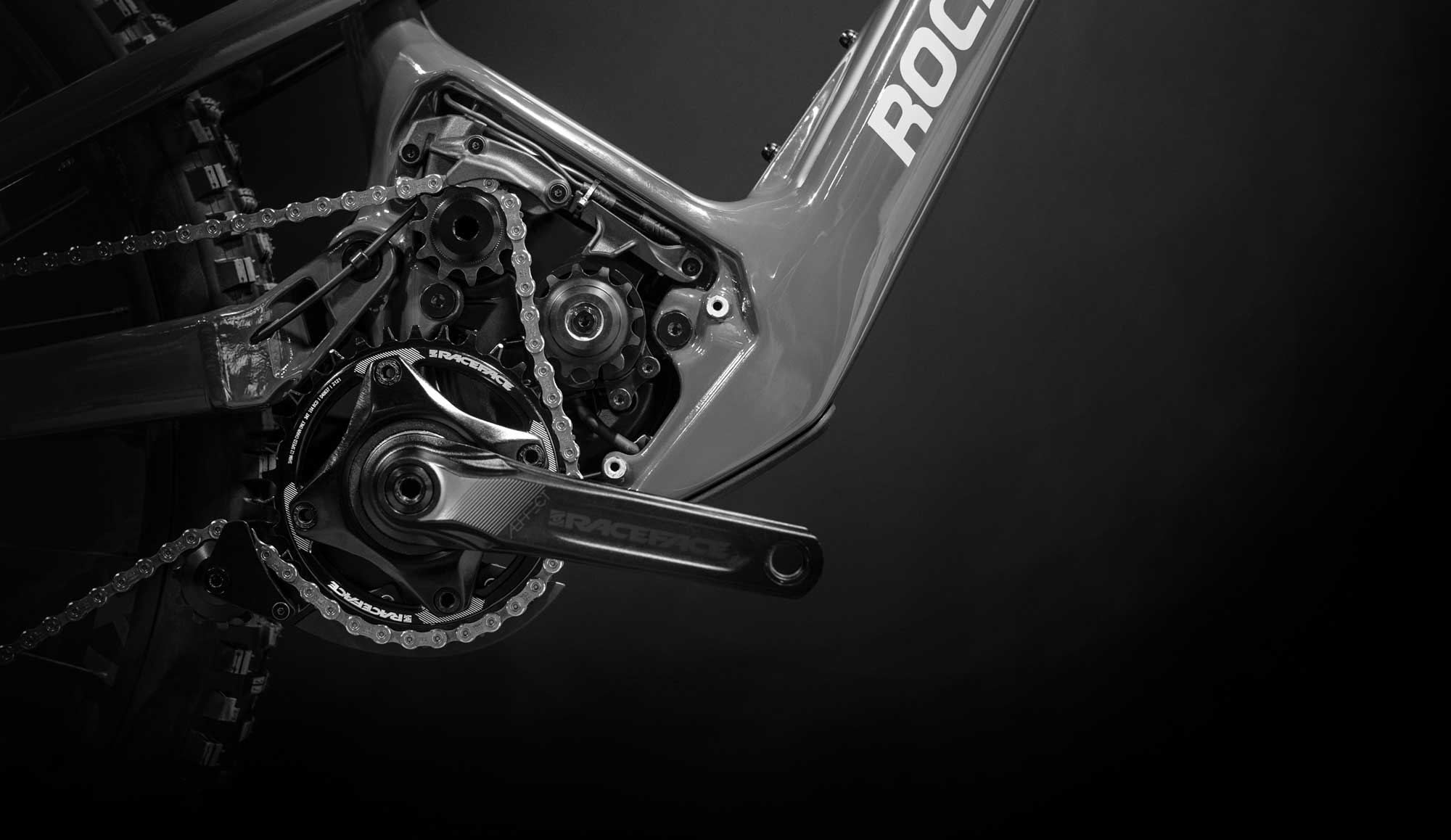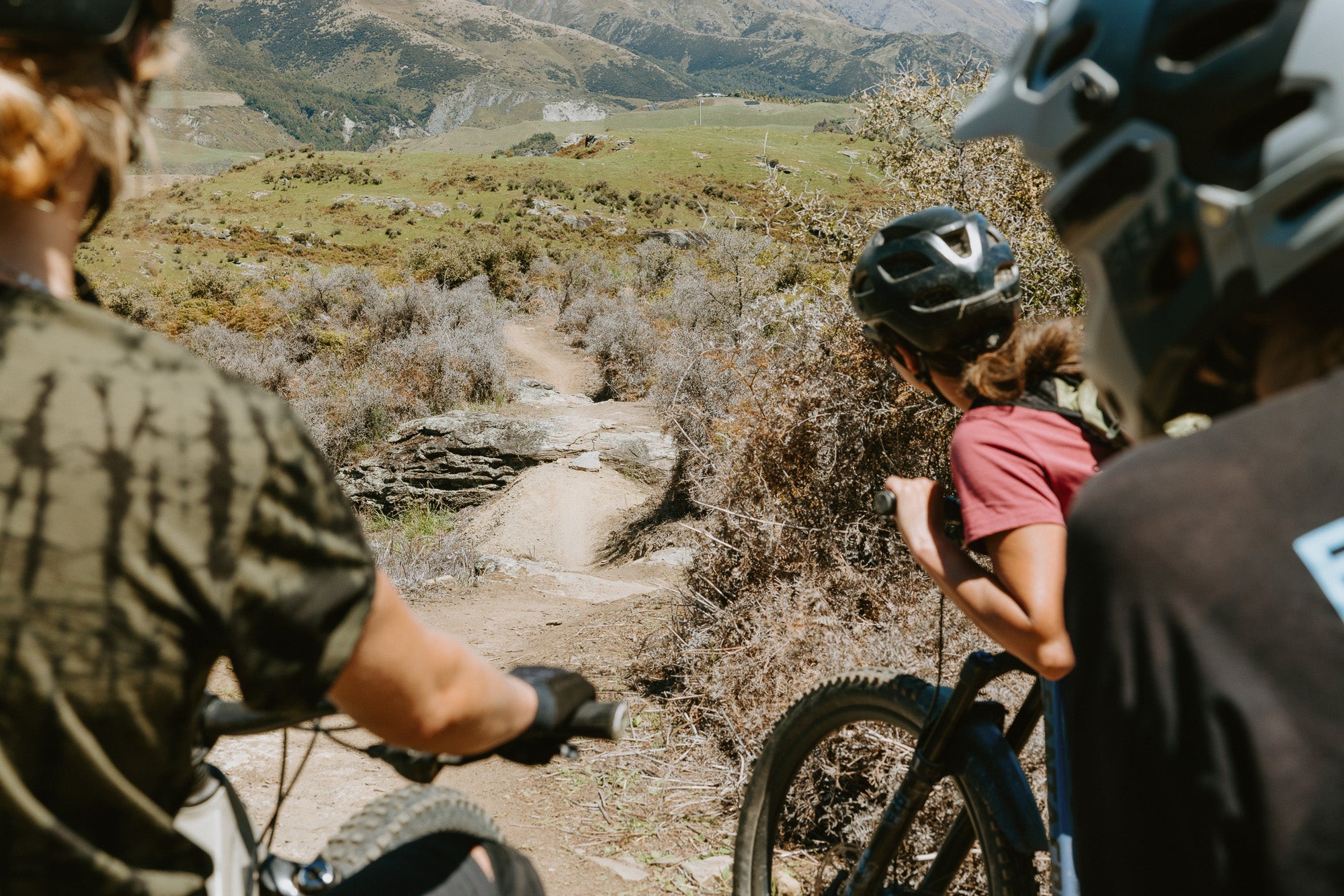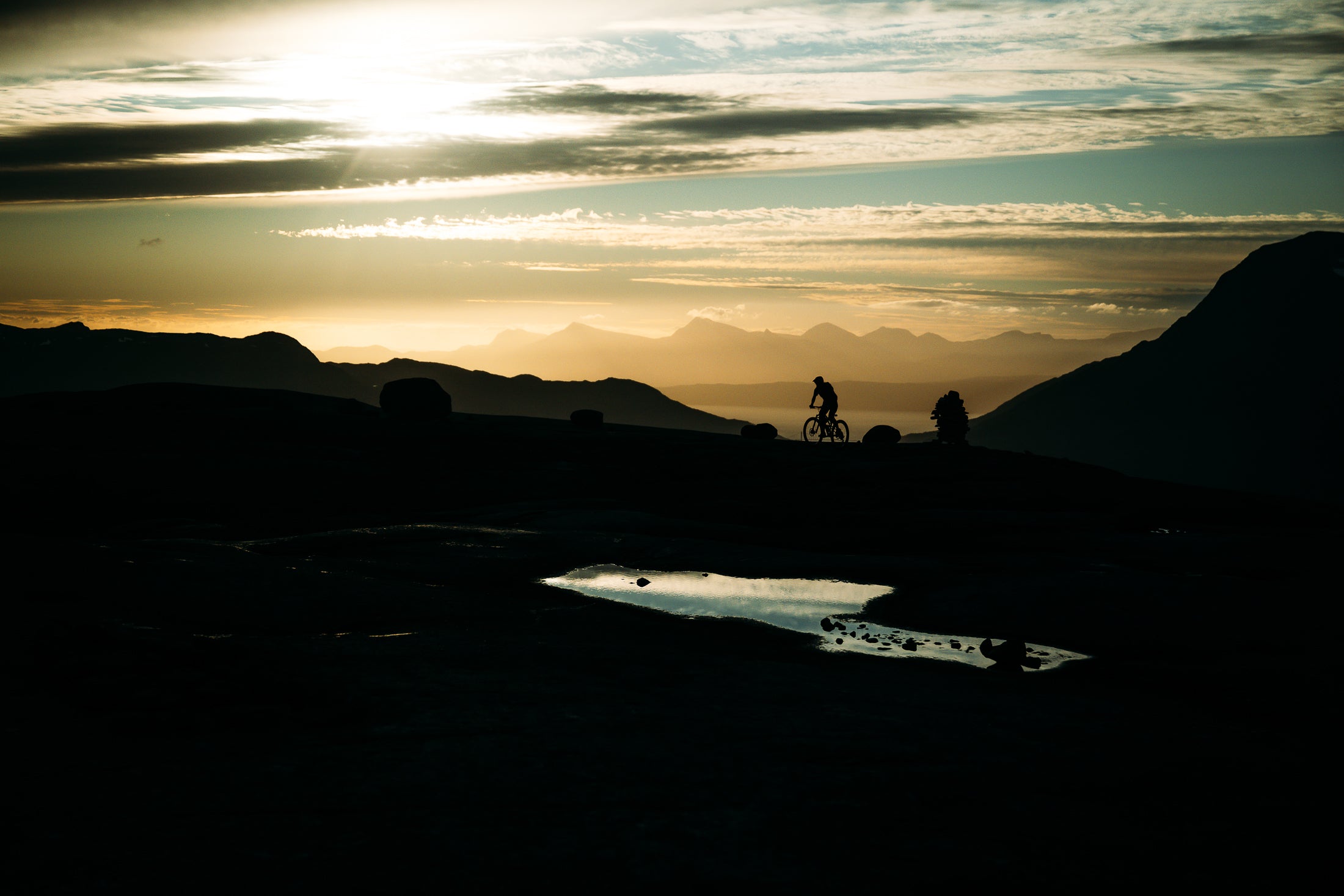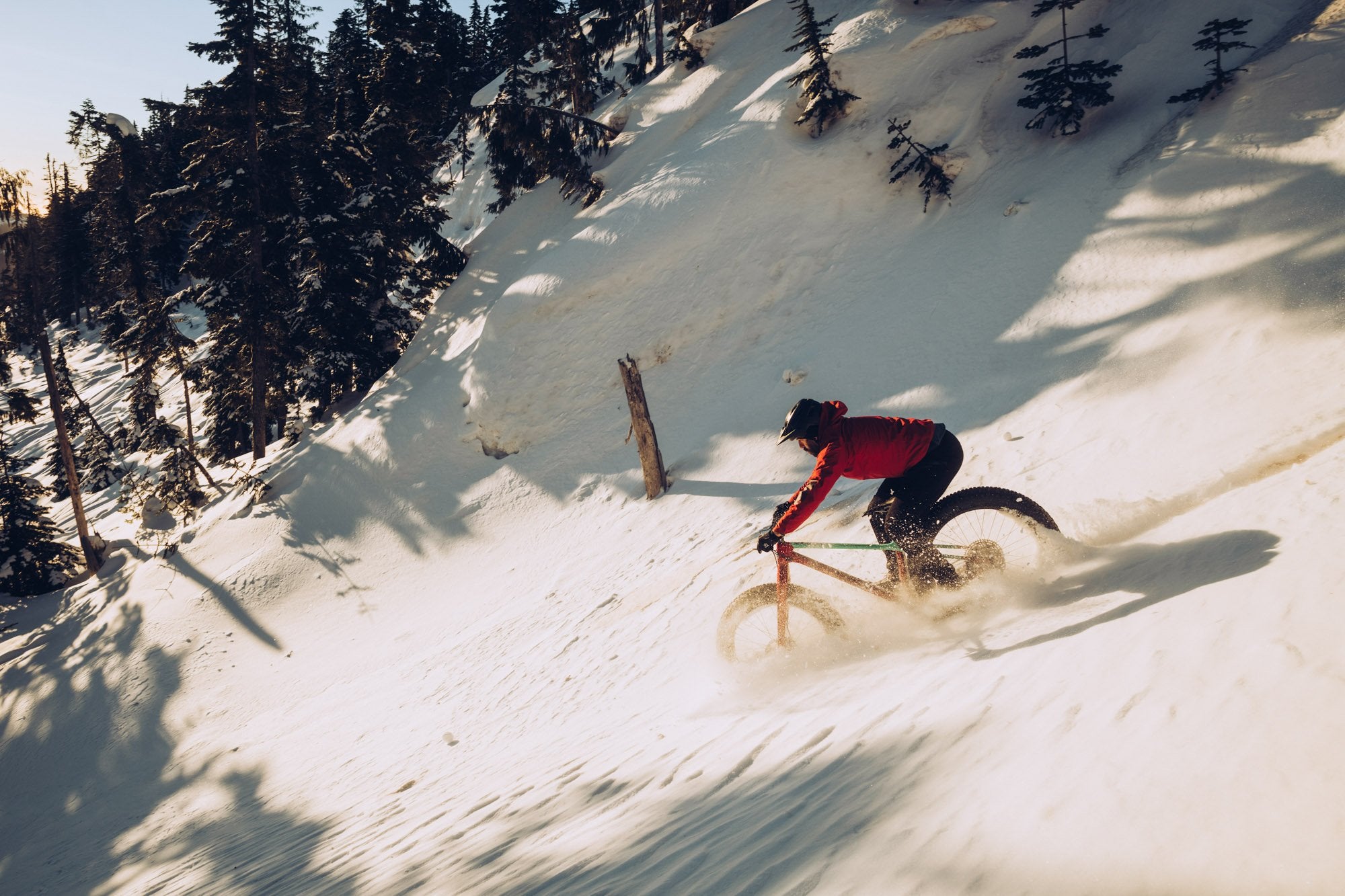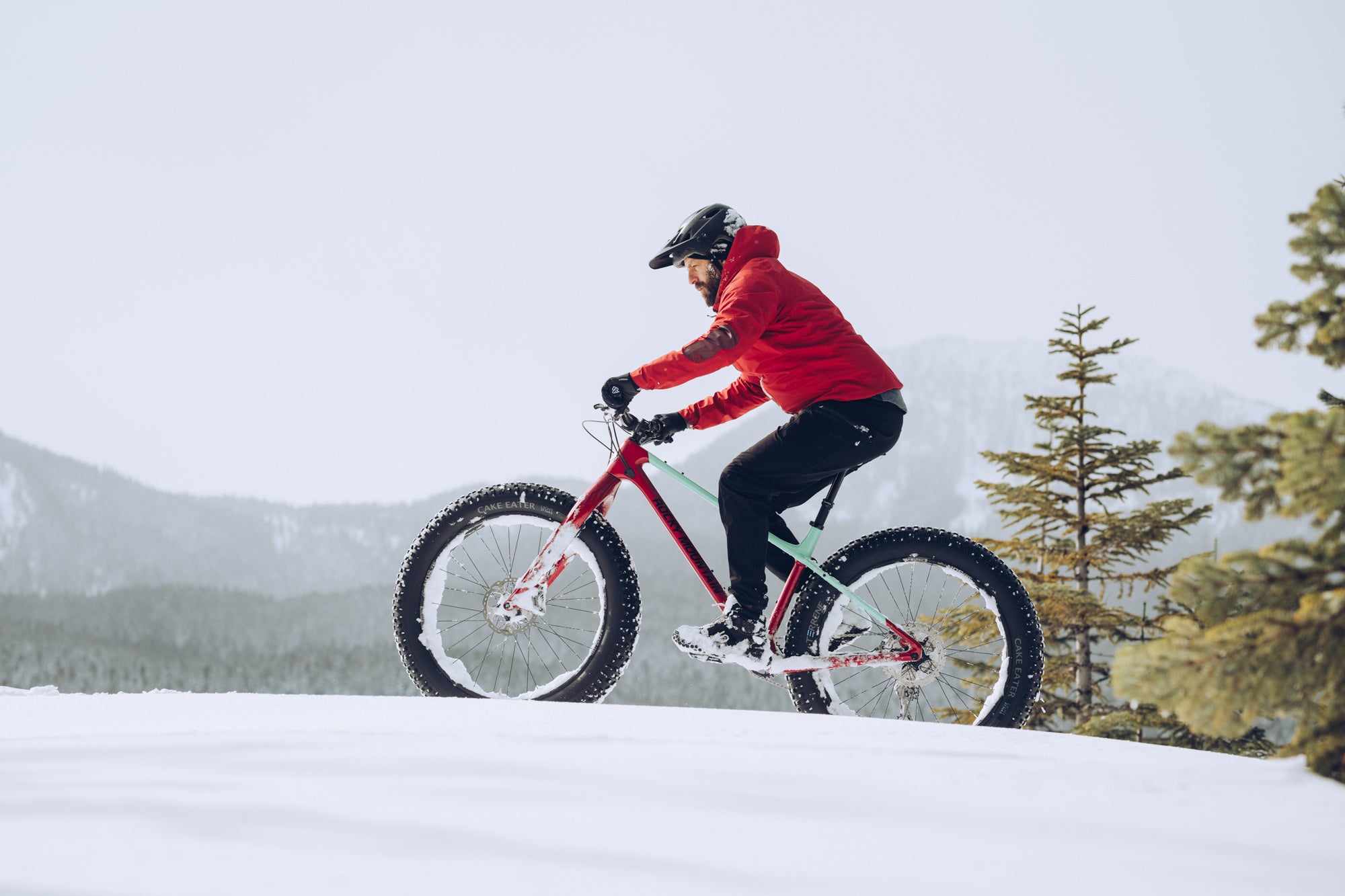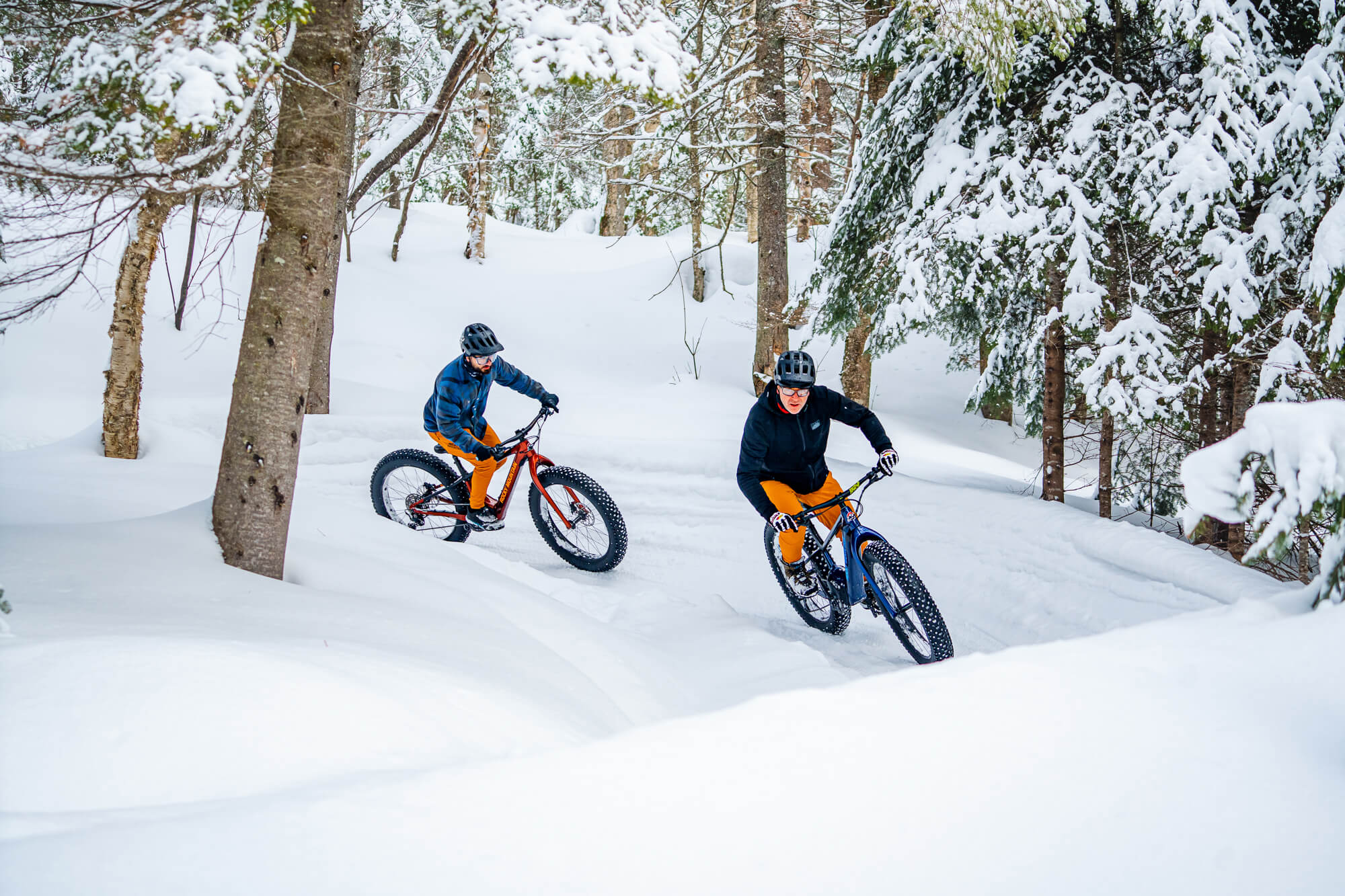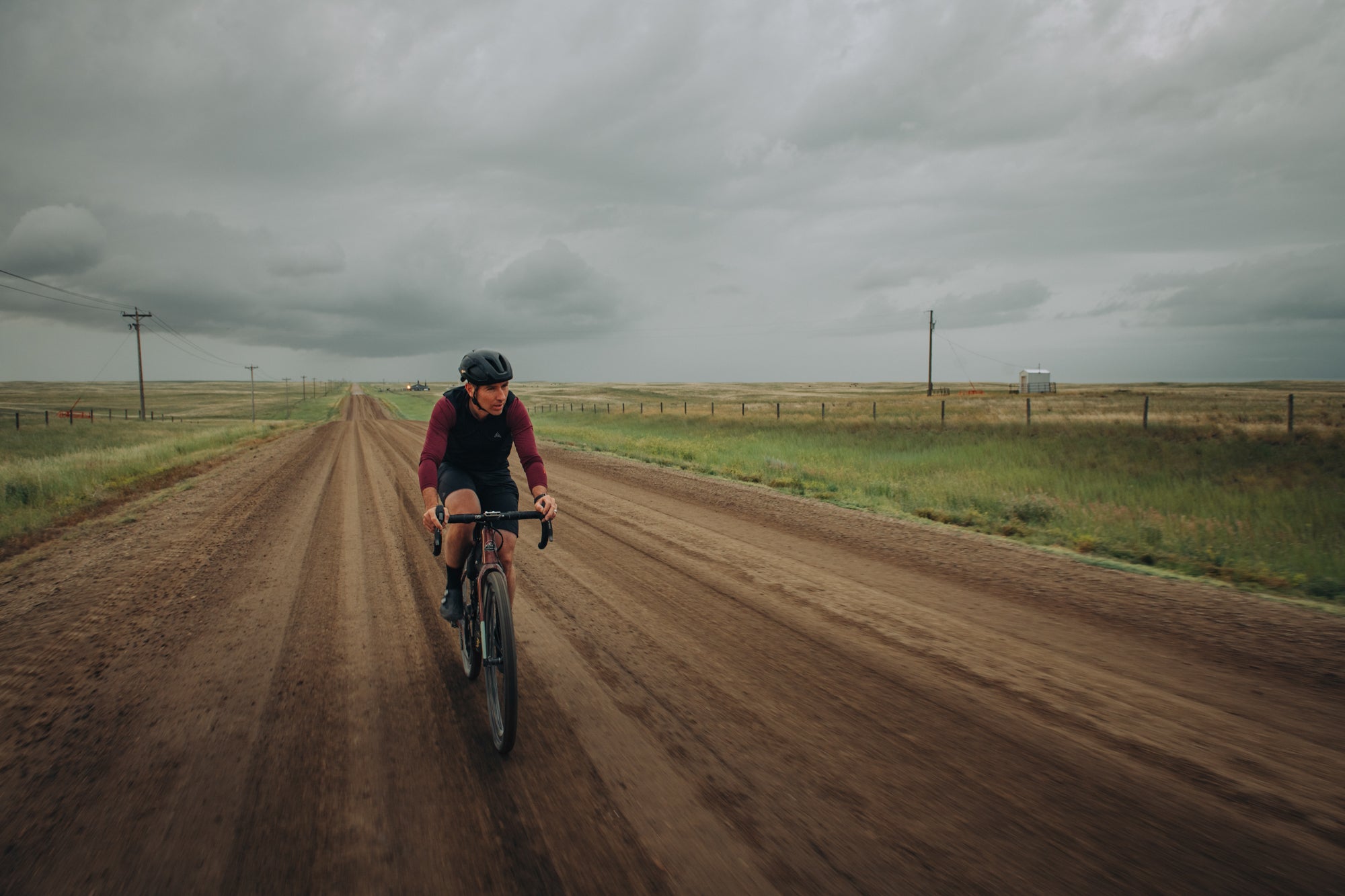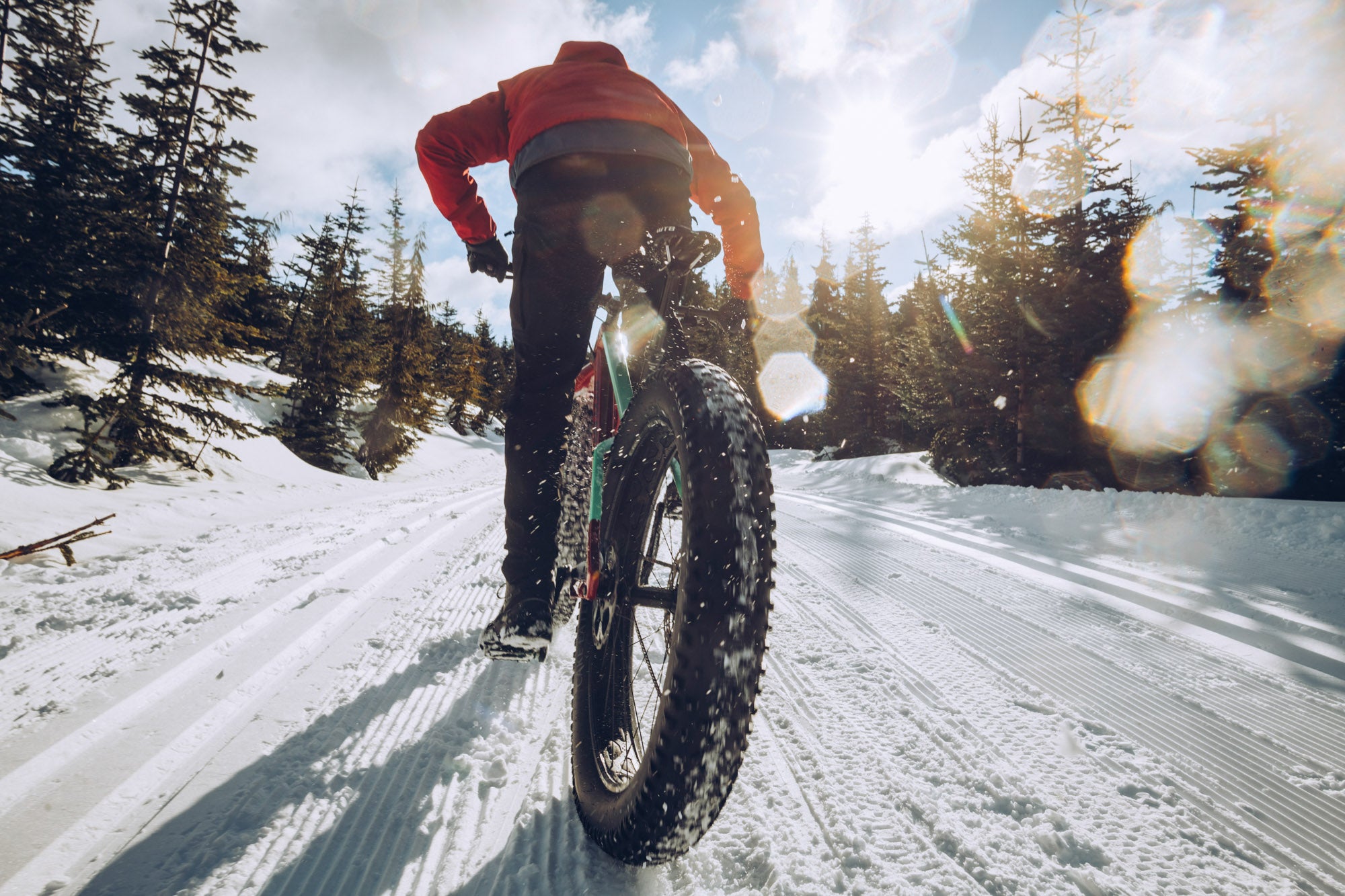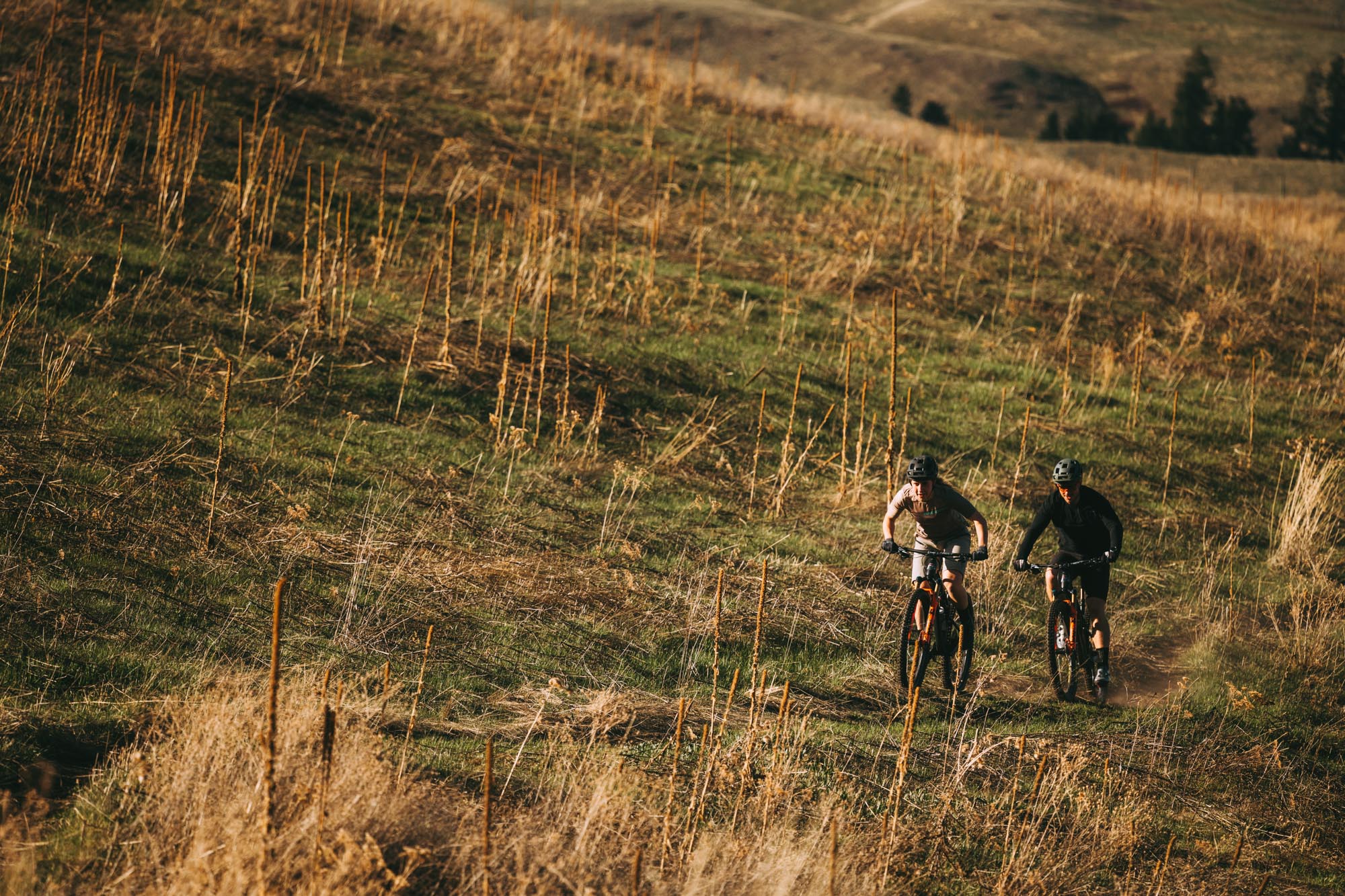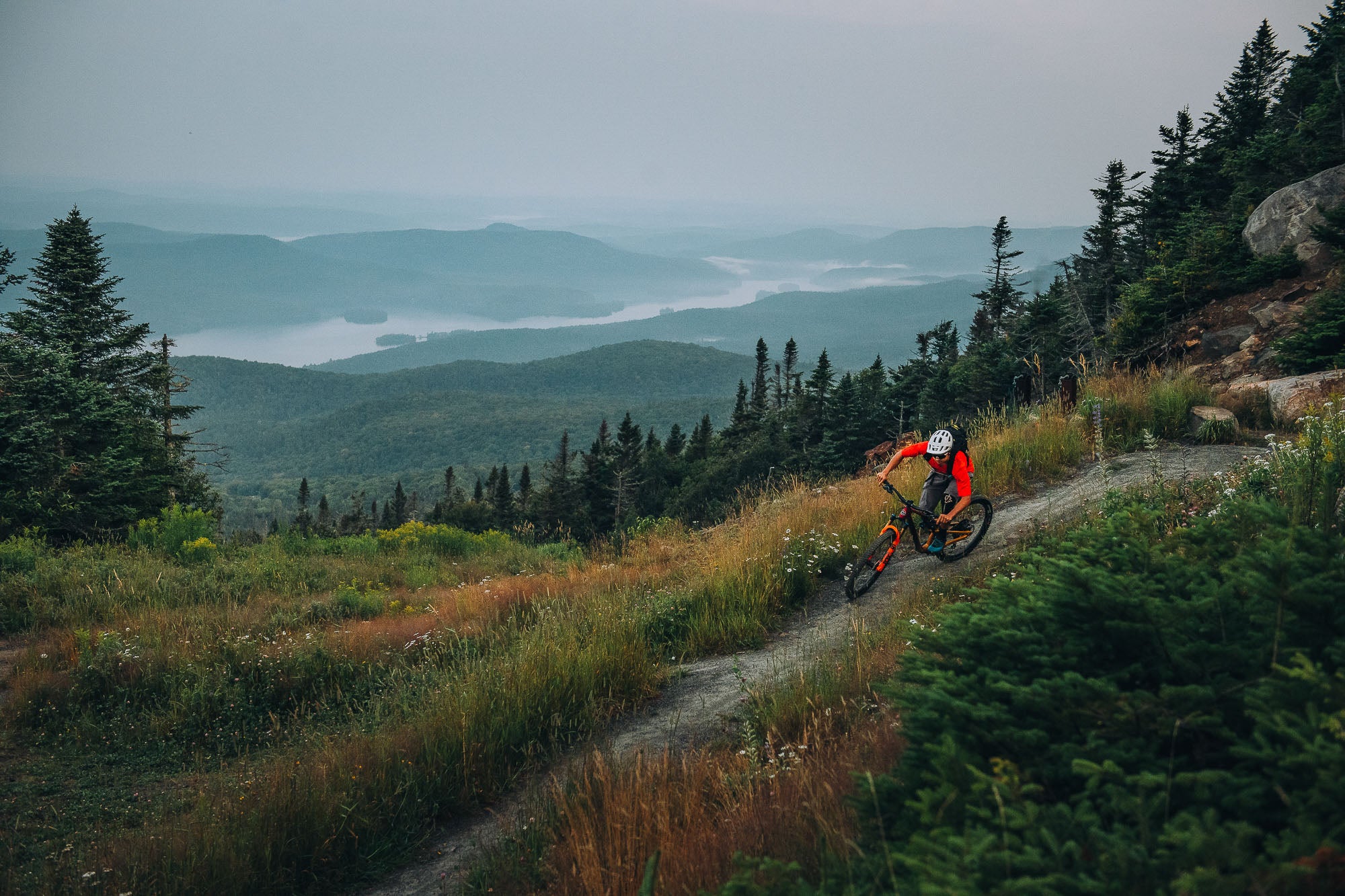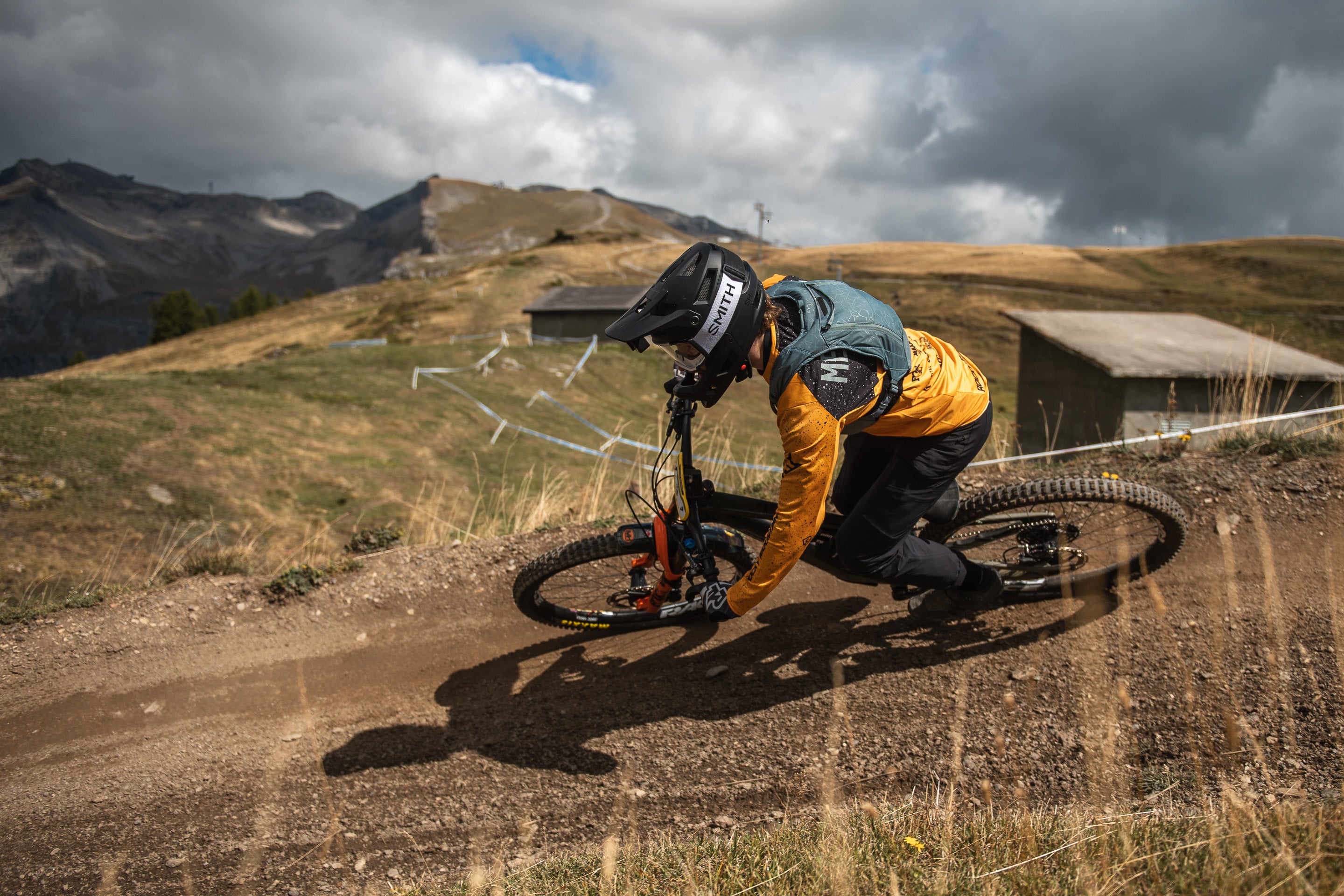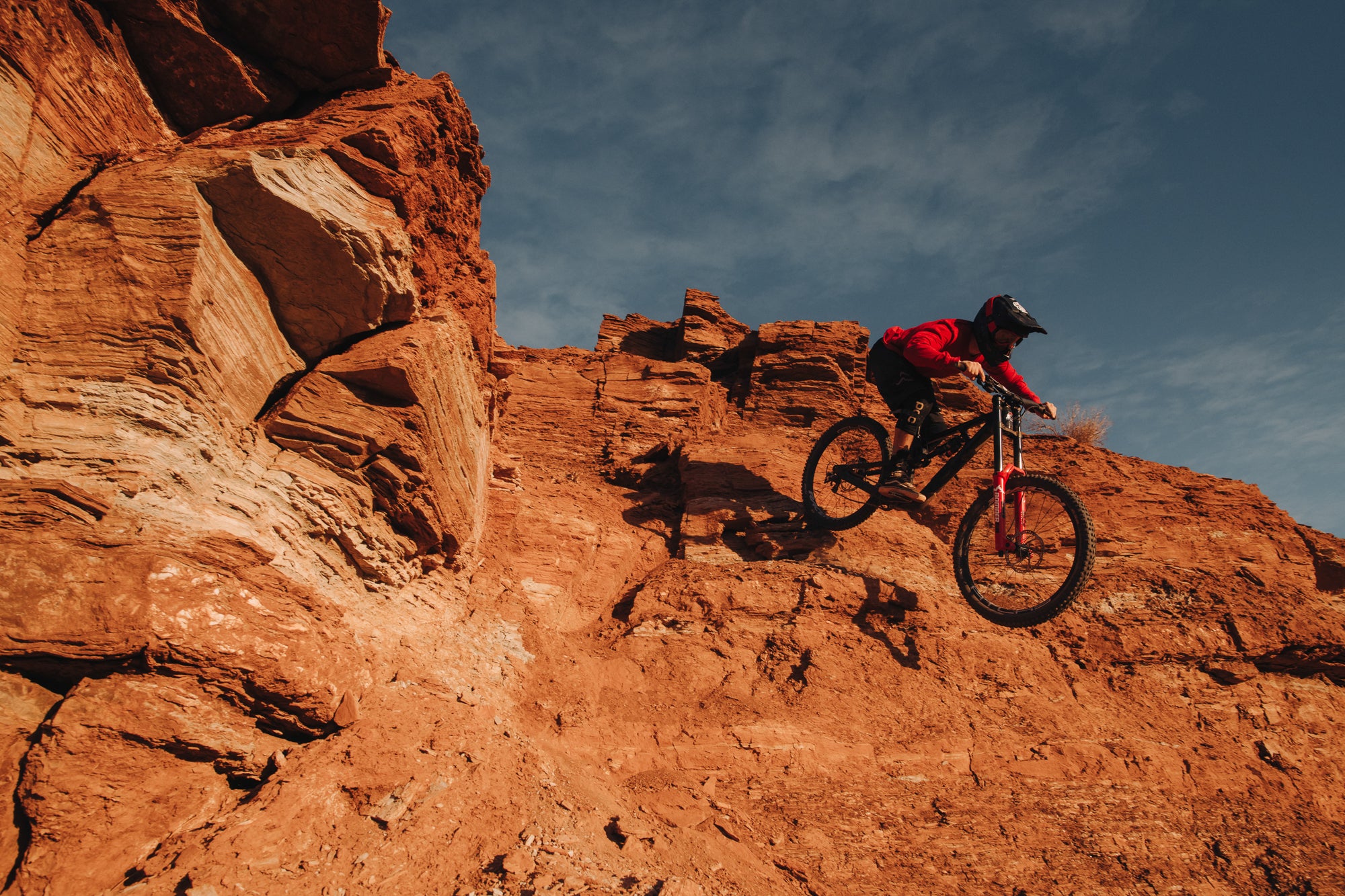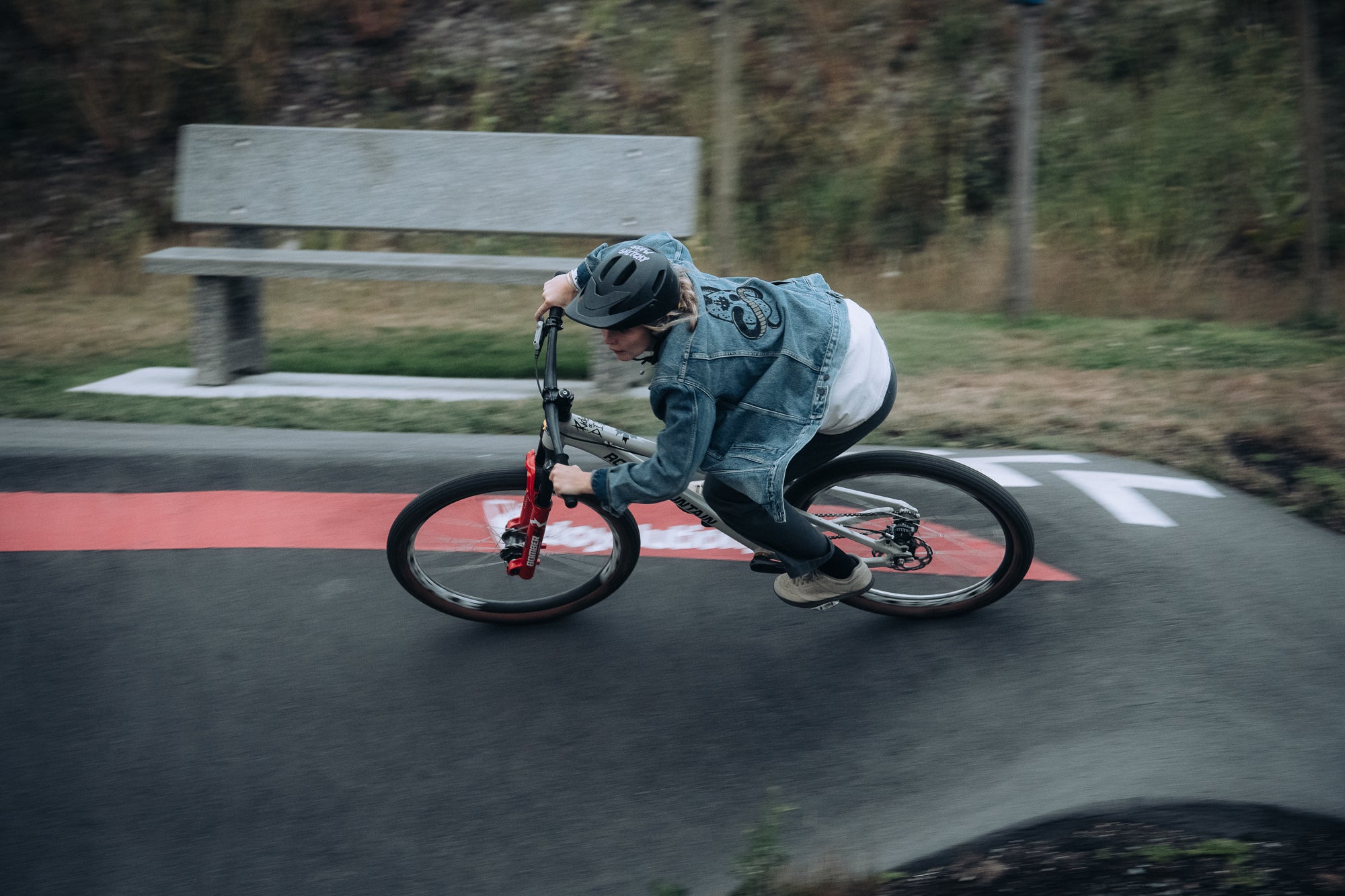What is the ideal fat bike?
The best fat tire bikes are tough, durable, and feature massive amounts of tire clearance. If you look at a fat bike, it’s pretty simple. They’re usually rigid (re: they have no suspension), they have disc brakes, and they have massive tires. Those massive tires are key (more on that below).
A good fat bike should have mega tire clearance. They should also have extremely low gearing. It takes a lot of torque to plow through deep snow or sand, so having the option to shift into a super low gear is critical. For 99% of people, a fat tire bike will essentially be a winter mountain bike. For riding bikes in snow, nothing can beat a fat bike. A select few will also use them as sand bikes, too—the qualities that make a good snow mountain bike also make for a good sand bike.
Explore our fat bikes
What are the advantages of fat tires on a mountain bike?
Grip and the ability to run super low tire pressure. The massive tires plow through snow and keep good traction on ice. But the biggest thing (arguably) is that fat bikes allow the rider to run extremely low tire pressure. That means you’ll have a massive contact point on the ground at all times, so you’re way less likely to slip around on ice or get shifted around by snow or sand. Think of a fat bike like a monster truck—it has massive tires so it can kind of roll over everything.
What is the best season to ride a fat bike?
Generally speaking, to keep riding through winter! Fat bikes are an absolute hoot for riding in the winter, and can effectively let you ride all year long if you’ve got a dedicated trail or mountain bike in the summer months. Some areas even groom single track trails specifically for fat bikes, so you can keep shredding all year round.
It is possible to ride a fat bike on summer trails, but it’s not really what they’re meant for. You can do it, sure, but you’ll have more fun on a dedicated trail bike. And if for some reason you want to ride along a sandy beach in the summer, you can do that too—fat bikes hold up really, really well in sand (but try to avoid sea water to keep rust at bay).
Looking for something different?

